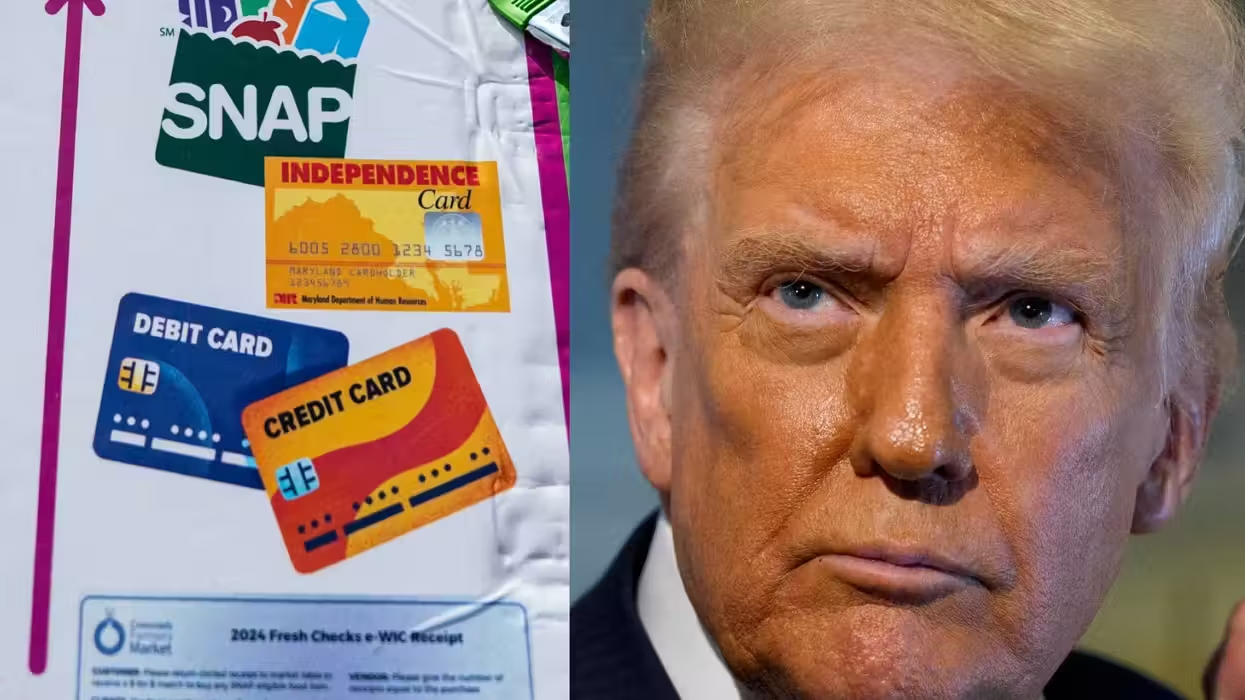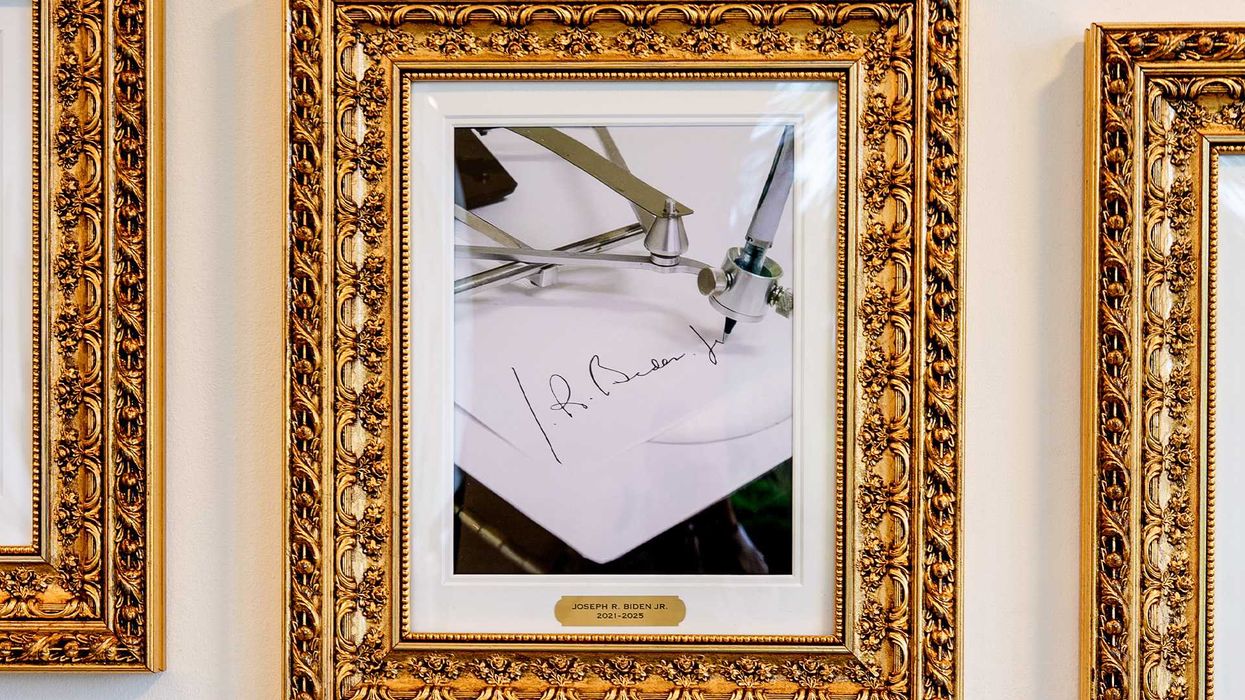
© 2025 Blaze Media LLC. All rights reserved.
Holder Defends Suing States Over Voter ID Laws Because They Hurt 'Minorities, Young People, Seniors
February 29, 2012
"...the negative impact of these photo ID laws and the harm that has on minorities, young people, seniors..."
Attorney General Eric Holder's Justice Department has been embroiled in several controversies surrounding race throughout his tenure. Today, he stoked one more. When pressed over his Department's policy of suing states with laws requiring voters to produce Photo ID, Holder offered a rather curious defense, according to CNS News:
The attorney general stressed there is no evidence that voter fraud is a problem that can be alleviated by photo ID laws.“There really is no statistical indication that in person vote fraud has to be cured by the introduction of voter photo ID,” Holder said.
“And when one looks at the negative impact of these photo ID laws and the harm that has on minorities, young people, seniors, and the balancing we have to do, I think we should think long and hard about whether or not these photo ID laws – in curing a problem that I don’t think necessarily exists and have a negative impact on the ability of people to get to the polls – is a worthwhile policy initiative,” he added.
Holder's use of racial disparities as a justification for suing states was previously savaged by the Wall Street Journal in December of 2011 as a "political abuse of law." They also noted that the Supreme Court has been taking steps toward striking down the parts of the 1965 Voting Rights Act that give Holder the authority to sue in the first place.
However, Holder's statement is notable in that it focuses not purely on the race of those affected, but now also introduces the element of age. However, Holder's argument that young people and seniors are dramatically less likely to have photo IDs is dubious at best. Even according to liberal sources, the percentage of seniors who lack photo ID is only 18 percent, as is the percentage of young people who lack photo ID that lists both their current name and current address.
Want to leave a tip?
We answer to you. Help keep our content free of advertisers and big tech censorship by leaving a tip today.
Want to join the conversation?
Already a subscriber?
more stories
Sign up for the Blaze newsletter
By signing up, you agree to our Privacy Policy and Terms of Use, and agree to receive content that may sometimes include advertisements. You may opt out at any time.
Related Content
© 2025 Blaze Media LLC. All rights reserved.
Get the stories that matter most delivered directly to your inbox.
By signing up, you agree to our Privacy Policy and Terms of Use, and agree to receive content that may sometimes include advertisements. You may opt out at any time.





